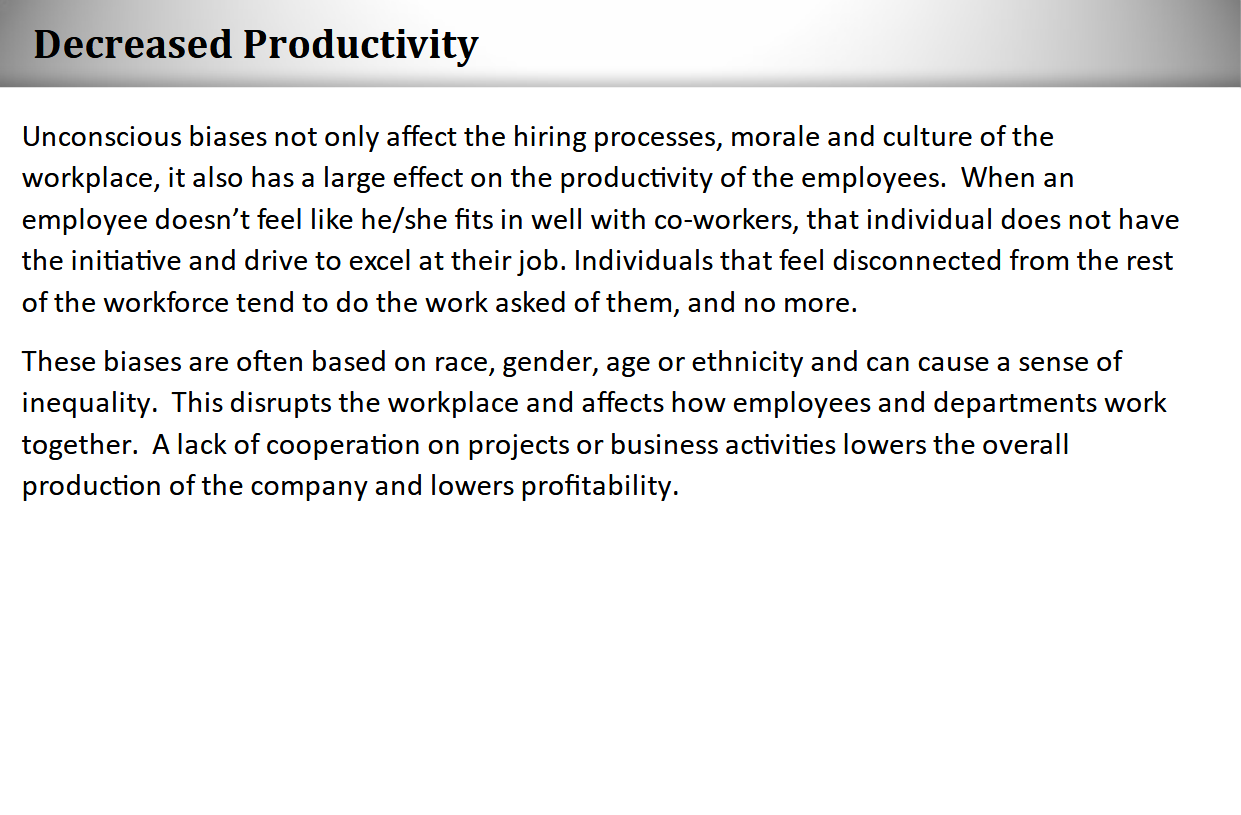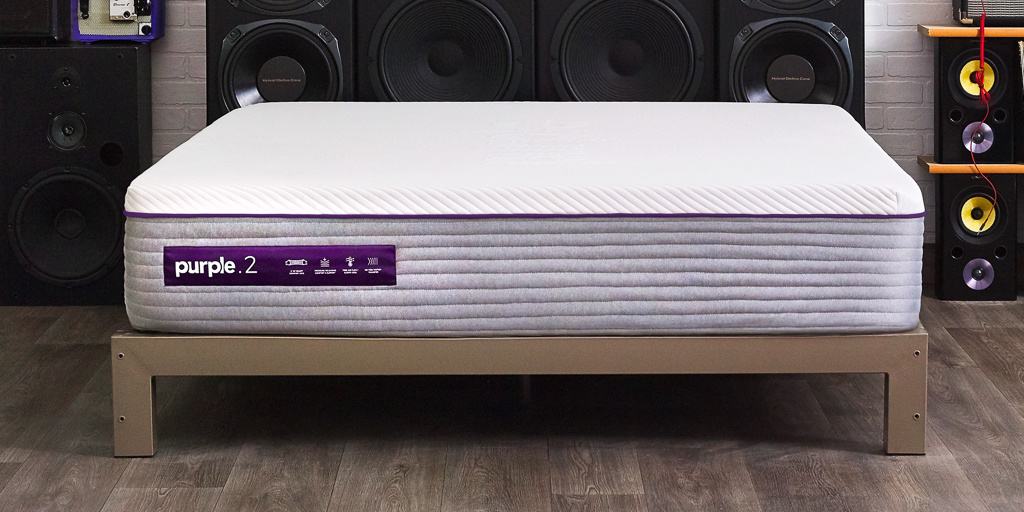One of the main dangers of sleeping on a bad mattress is the development of back pain. A bad mattress lacks the support and cushioning necessary to keep your spine in proper alignment. This can lead to strain on your back muscles and joints, causing discomfort and pain. Over time, sleeping on a bad mattress can worsen back pain and even lead to more serious issues such as herniated discs.Back Pain
Just like back pain, a bad mattress can also cause neck pain. When your mattress does not provide adequate support for your neck and head, it can lead to stiffness and discomfort. This can make it difficult to move your neck and can also result in headaches and migraines. If you wake up with a stiff neck or experience frequent headaches, it may be time to consider a new mattress.Neck Pain
Along with back and neck pain, a bad mattress can also contribute to joint stiffness. This is especially true for those who suffer from conditions such as arthritis. A lack of support and cushioning can put extra pressure on your joints while you sleep, leading to stiffness and discomfort in the morning. This can make it difficult to start your day and can impact your overall quality of life.Joint Stiffness
Sleeping on a bad mattress can also result in muscle soreness. A bad mattress does not provide adequate support for your body, causing your muscles to work harder to keep you in a comfortable position. This can lead to soreness and fatigue in the morning, making it difficult to start your day. Over time, this can also lead to more serious issues such as muscle strains and sprains.Muscle Soreness
A bad mattress can also disrupt your sleep, making it difficult to fall asleep and stay asleep. When your mattress does not provide the right level of comfort and support, it can lead to tossing and turning throughout the night. This can result in insomnia and leave you feeling tired and groggy in the morning. Chronic insomnia can also have a negative impact on your overall health and well-being.Insomnia
As mentioned earlier, sleeping on a bad mattress can contribute to headaches and migraines. When your mattress does not properly support your neck and head, it can lead to tension headaches and even migraines. This can make it difficult to concentrate and can impact your daily life. If you suffer from frequent headaches, it may be worth considering if your mattress could be the culprit.Headaches
A bad mattress can also be a breeding ground for dust mites and other allergens. Over time, these allergens can build up in your mattress and cause irritation to your respiratory system. This can lead to symptoms such as sneezing, coughing, and congestion. If you suffer from allergies, it is important to regularly clean your mattress and consider replacing it if it is old and worn out.Allergies
The quality of your sleep has a direct impact on your immune function. When you sleep on a bad mattress, your body is not able to fully relax and rejuvenate, leaving you more susceptible to illness and infection. Inadequate sleep can also lead to a weakened immune system, making it harder for your body to fight off viruses and bacteria. This can have a negative impact on your overall health and well-being.Decreased Immune Function
Believe it or not, sleeping on a bad mattress can also increase your risk of heart disease. The lack of support and cushioning can put extra pressure on your cardiovascular system, making it work harder while you sleep. This can lead to high blood pressure and other heart-related issues. It is important to prioritize your sleep and invest in a good quality mattress to protect your heart health.Increased Risk of Heart Disease
Lastly, sleeping on a bad mattress can also impact your productivity. When you do not get enough quality sleep, you may feel tired and groggy throughout the day, making it difficult to focus and be productive. This can impact your work performance and overall quality of life. Investing in a good mattress can improve your sleep and boost your productivity.Decreased Productivity
The Effects of Sleeping on a Bad Mattress

A Good Night's Sleep: More Important Than You Think
 We all know the importance of getting a good night's sleep. It affects our physical and mental well-being, our productivity, and our overall quality of life. However, the one thing that often goes unnoticed is the role that our
mattress
plays in our sleep. We spend about one-third of our lives on our
mattress
, and yet many of us neglect to consider its quality and how it may be impacting our sleep.
We all know the importance of getting a good night's sleep. It affects our physical and mental well-being, our productivity, and our overall quality of life. However, the one thing that often goes unnoticed is the role that our
mattress
plays in our sleep. We spend about one-third of our lives on our
mattress
, and yet many of us neglect to consider its quality and how it may be impacting our sleep.
The Dangers of Sleeping on a Bad Mattress
 It's easy to overlook the importance of a good
mattress
when it comes to our sleep. However, sleeping on a bad
mattress
can have serious consequences for our health. A
mattress
that is too soft or too firm can cause discomfort and lead to
back pain
,
neck pain
, and
joint pain
. This can affect our sleep by causing us to wake up frequently throughout the night, or even prevent us from falling asleep in the first place.
Furthermore, a bad
mattress
can also lead to poor
posture
while sleeping, which can result in long-term
muscle
and
spinal
problems. This can also contribute to snoring and
sleep apnea
, which can disrupt our sleep and lead to serious health issues.
It's easy to overlook the importance of a good
mattress
when it comes to our sleep. However, sleeping on a bad
mattress
can have serious consequences for our health. A
mattress
that is too soft or too firm can cause discomfort and lead to
back pain
,
neck pain
, and
joint pain
. This can affect our sleep by causing us to wake up frequently throughout the night, or even prevent us from falling asleep in the first place.
Furthermore, a bad
mattress
can also lead to poor
posture
while sleeping, which can result in long-term
muscle
and
spinal
problems. This can also contribute to snoring and
sleep apnea
, which can disrupt our sleep and lead to serious health issues.
Other Health Concerns
 Aside from the physical discomfort and potential long-term health consequences, sleeping on a bad
mattress
can also have a negative impact on our mental health. Lack of sleep can lead to irritability, mood swings, and difficulty concentrating. It can also increase our stress levels and affect our mental well-being.
Additionally, a bad
mattress
can become a breeding ground for
allergens
and
germs
, causing us to develop respiratory issues and allergies. This is especially concerning for those with
asthma
or other respiratory conditions.
Aside from the physical discomfort and potential long-term health consequences, sleeping on a bad
mattress
can also have a negative impact on our mental health. Lack of sleep can lead to irritability, mood swings, and difficulty concentrating. It can also increase our stress levels and affect our mental well-being.
Additionally, a bad
mattress
can become a breeding ground for
allergens
and
germs
, causing us to develop respiratory issues and allergies. This is especially concerning for those with
asthma
or other respiratory conditions.
The Importance of Choosing the Right Mattress
 Given the potential dangers of sleeping on a bad
mattress
, it's crucial to choose the right
mattress
for your needs. A good
mattress
should provide proper support for your body and promote good
posture
while sleeping. It should also be made of high-quality materials and be free of any allergens or harmful chemicals.
When shopping for a new
mattress
, consider your preferred sleeping position, any existing health conditions, and your personal comfort preferences. Don't be afraid to test out different types of
mattresses
and consult with a sleep expert for guidance.
In conclusion, a bad
mattress
can have serious consequences for our health and well-being. It's important to invest in a good
mattress
that will provide us with the support and comfort we need for a good night's sleep. Don't underestimate the impact that a
mattress
can have on your overall health and make sure to prioritize its quality when designing your perfect bedroom.
Given the potential dangers of sleeping on a bad
mattress
, it's crucial to choose the right
mattress
for your needs. A good
mattress
should provide proper support for your body and promote good
posture
while sleeping. It should also be made of high-quality materials and be free of any allergens or harmful chemicals.
When shopping for a new
mattress
, consider your preferred sleeping position, any existing health conditions, and your personal comfort preferences. Don't be afraid to test out different types of
mattresses
and consult with a sleep expert for guidance.
In conclusion, a bad
mattress
can have serious consequences for our health and well-being. It's important to invest in a good
mattress
that will provide us with the support and comfort we need for a good night's sleep. Don't underestimate the impact that a
mattress
can have on your overall health and make sure to prioritize its quality when designing your perfect bedroom.

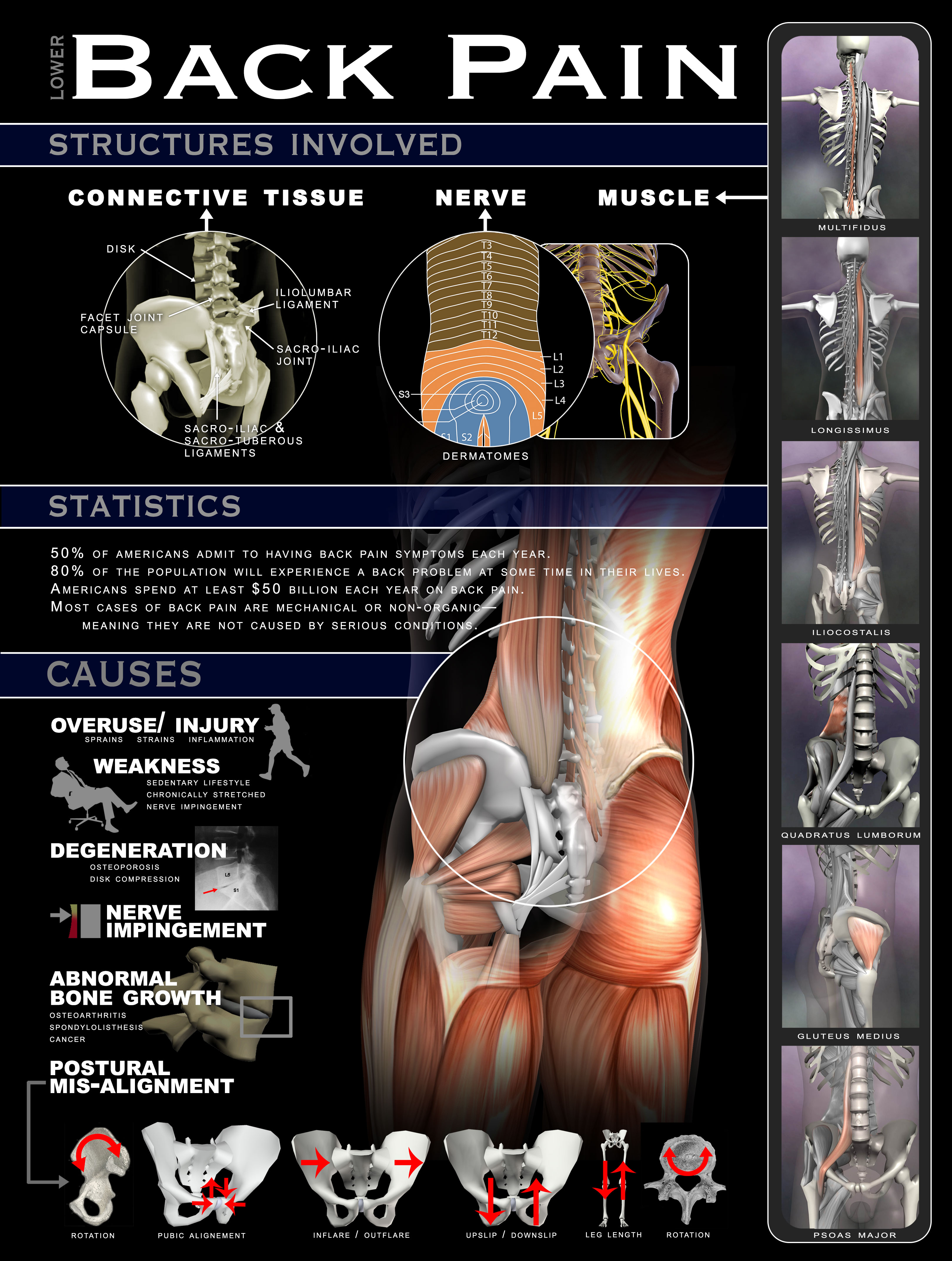



:max_bytes(150000):strip_icc()/backpainfinal-01-5c3ba0bf46e0fb0001b5b300.png)



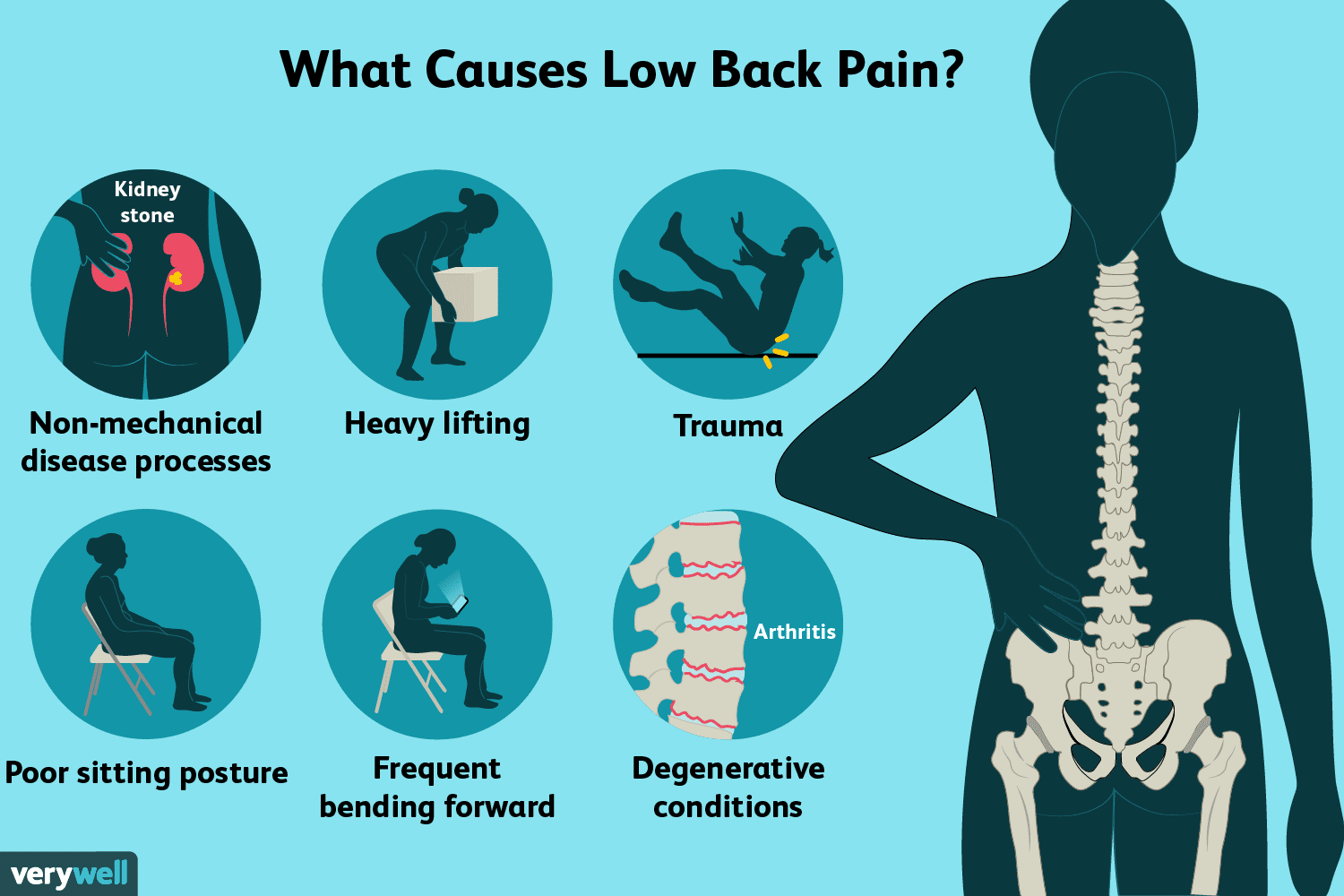




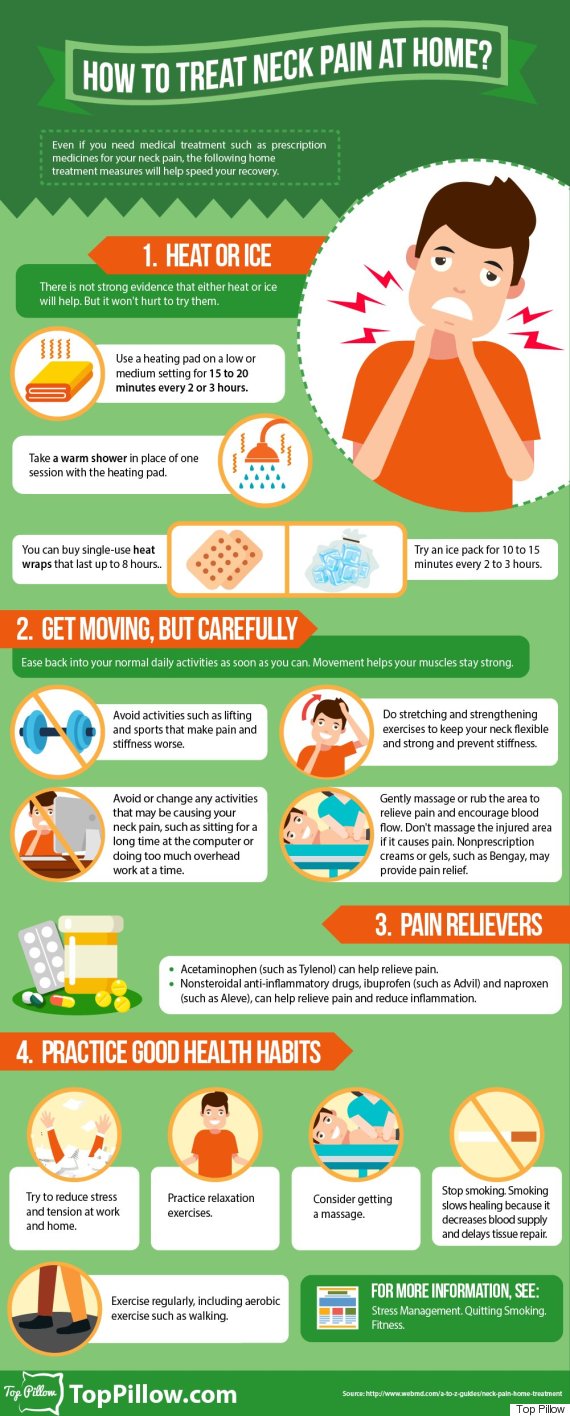

































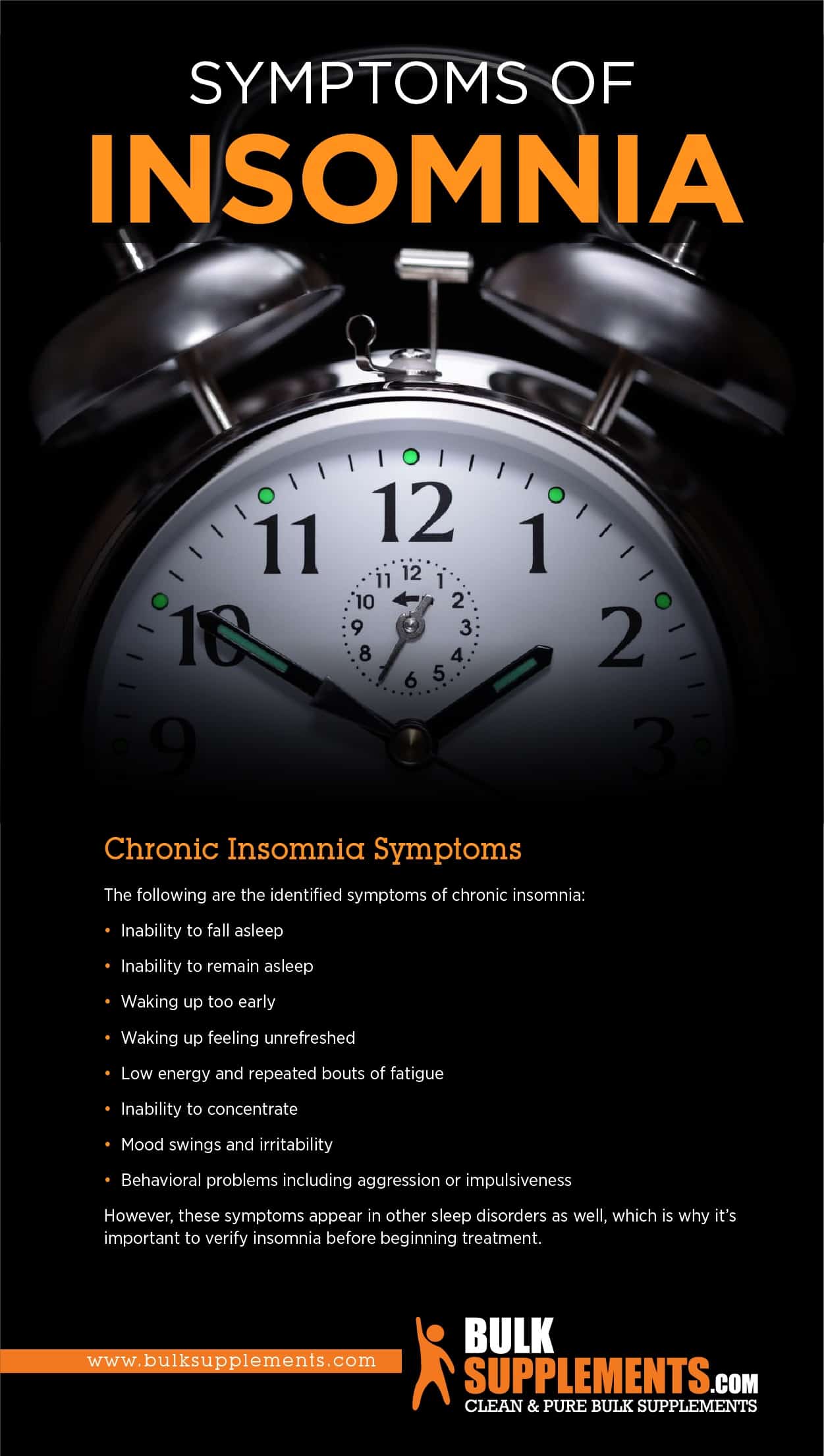






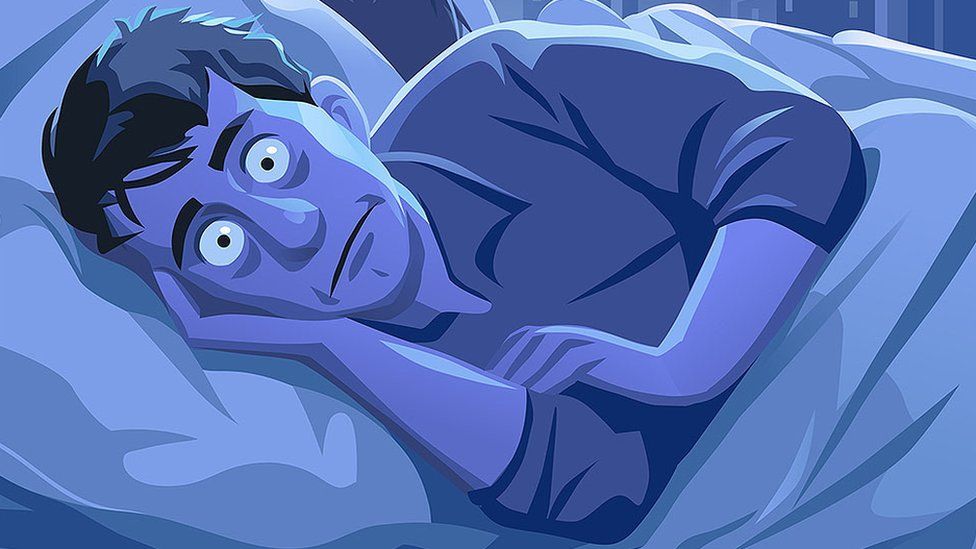




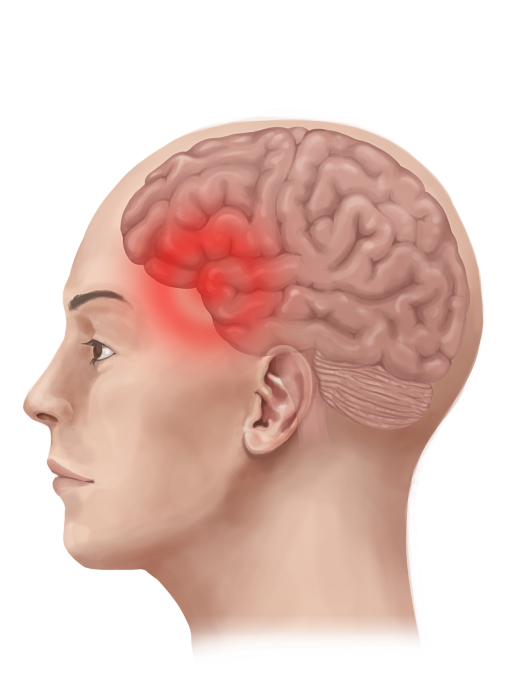



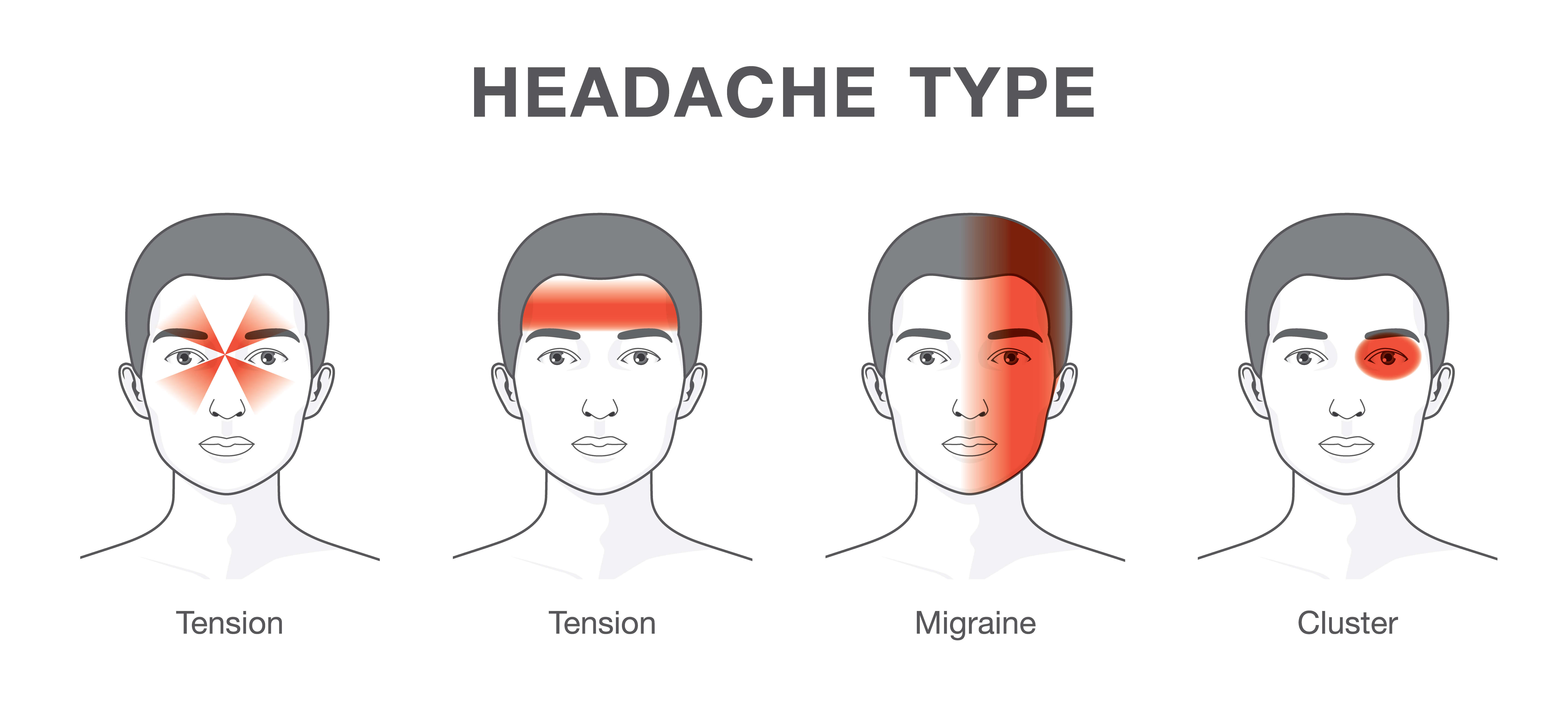


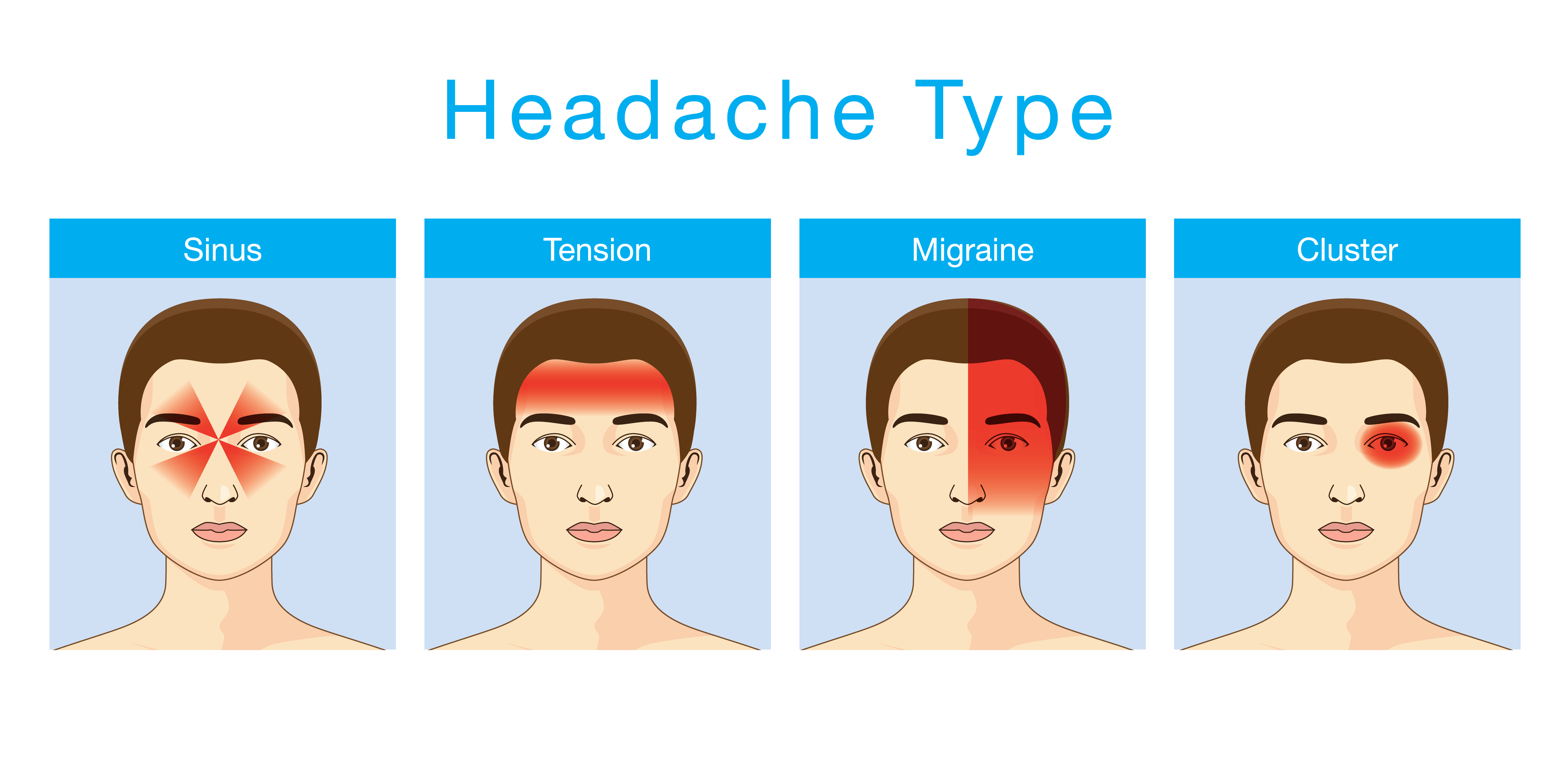



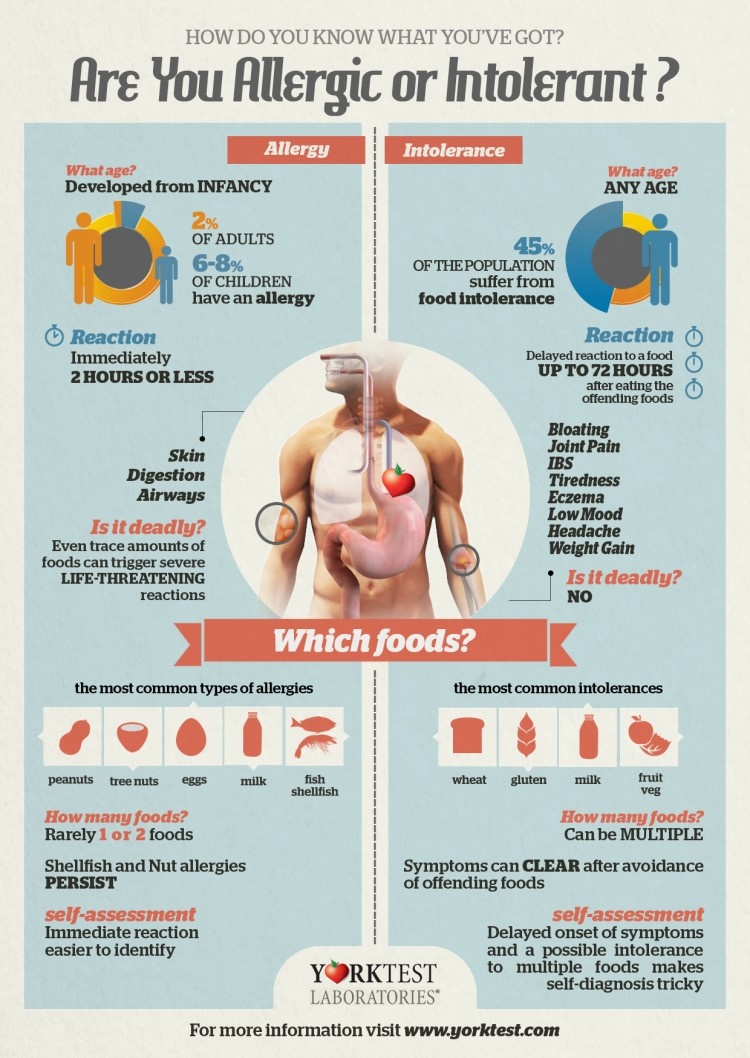




















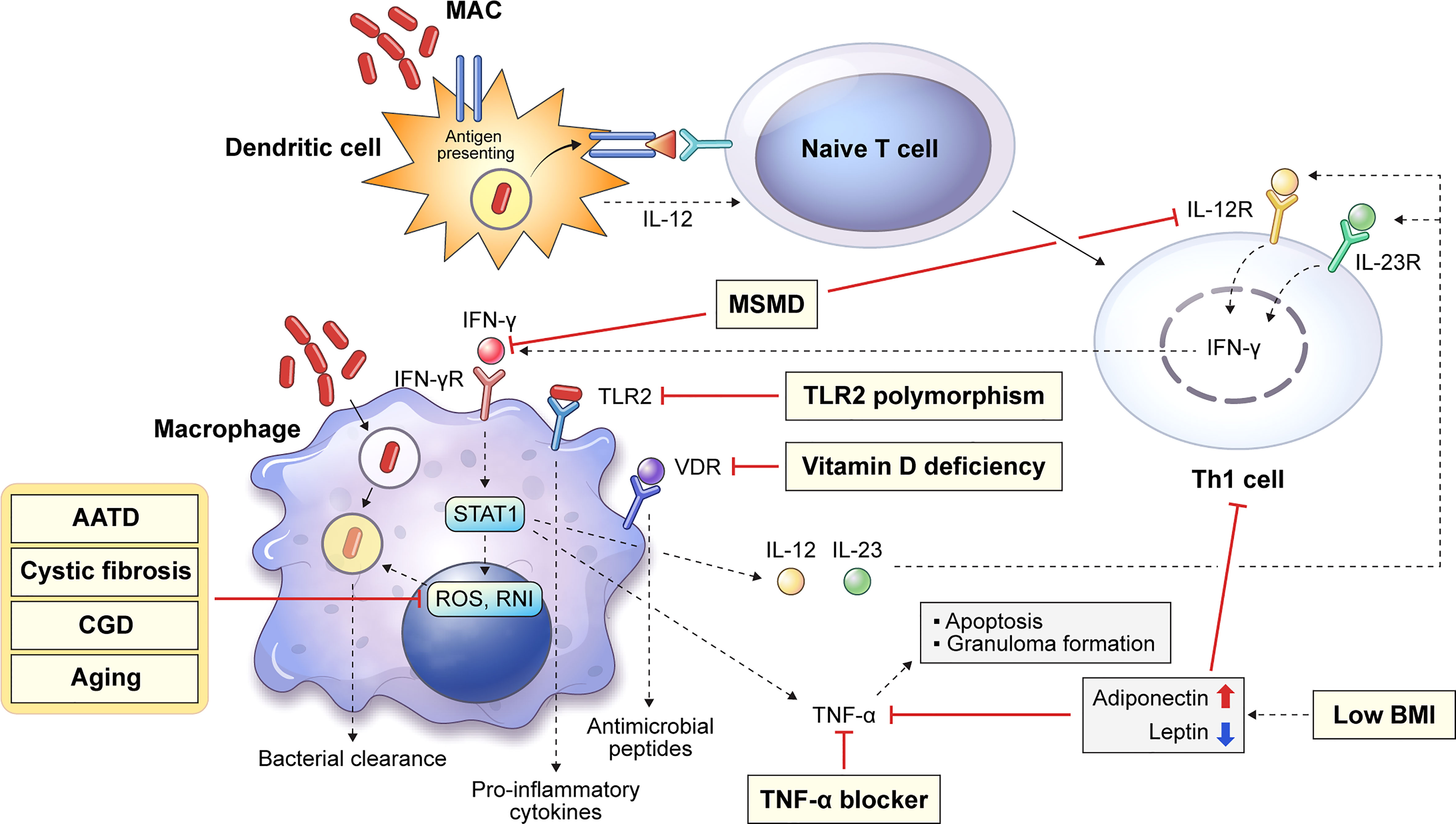



:max_bytes(150000):strip_icc()/heart-disease-statistics-5198489-FINAL-50c445d289324feab8ff956508c1379e.jpg)















